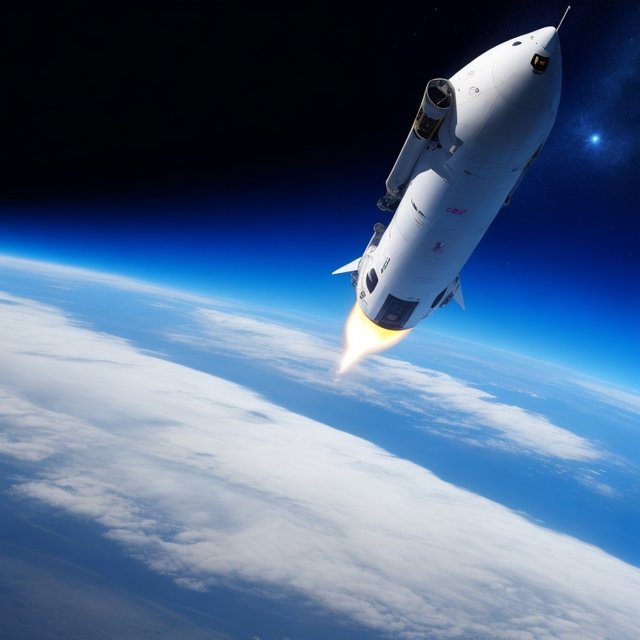As humanity continues to venture into the cosmos, the future of space travel holds exciting possibilities and unprecedented challenges. From exploring distant planets to establishing permanent settlements on other celestial bodies, space travel is on the cusp of a revolutionary era. The dream of reaching the stars is gradually becoming a reality, and the path ahead is filled with untold wonders and discoveries that will redefine our understanding of the universe.
Advancements in Space Technology:
The future of space travel is closely tied to advancements in space technology. Space agencies and private companies are continuously pushing the boundaries of engineering and innovation to develop more powerful rockets, advanced propulsion systems, and cutting-edge spacecraft. Reusable rocket technology, exemplified by SpaceX's Falcon rockets, is revolutionizing space missions by reducing costs and increasing accessibility to space.
Interplanetary Exploration:
One of the most exciting prospects in the future of space travel is interplanetary exploration. The successful missions to Mars, such as NASA's Perseverance rover and the UAE's Hope orbiter, have provided valuable insights into the Red Planet. Future missions aim to study Mars in greater detail, search for signs of past or present life, and pave the way for eventual human missions to Mars. Beyond Mars, missions to other planets and moons, such as Jupiter's moon Europa and Saturn's moon Titan, are also being planned to search for signs of life and understand the potential habitability of these distant worlds.
Human Colonization of Space:
Another ambitious goal on the horizon is the human colonization of space. Organizations like SpaceX and Blue Origin envision establishing permanent settlements on the Moon and Mars within the next few decades. These colonies would not only serve as stepping stones for further exploration but also offer the potential for scientific research, resource utilization, and the expansion of human civilization beyond Earth.
Space Tourism:
The future of space travel also includes space tourism, opening up the cosmos to private individuals. Companies like Virgin Galactic and Blue Origin are developing suborbital spaceflight experiences, allowing paying customers to experience a few minutes of weightlessness and witness the curvature of the Earth from space. As technology advances and costs decrease, space tourism may become more accessible, transforming space travel into an experience available to a broader range of people.
Space Mining and Resource Utilization:
The vast resources available in space, such as water ice on the Moon and asteroids rich in valuable minerals, present opportunities for space mining and resource utilization. In the future, extracting and utilizing these resources could support long-duration space missions, provide essential supplies for colonies, and even serve as a potential source of economic growth for Earth.
Challenges and Ethical Considerations:
As we venture further into space, we must also address the challenges and ethical considerations that arise. These include ensuring the protection of celestial bodies from contamination by Earth's microorganisms, preserving the scientific integrity of other worlds, and navigating issues related to space debris and space traffic management.
Global Collaboration:
The future of space travel relies on international collaboration. Space agencies, governments, and private companies from around the world are joining forces to pool resources, share expertise, and work towards common goals. Cooperation in space exploration fosters peaceful relations and harnesses the collective potential of humanity to push the boundaries of what is possible.
Conclusion:
The future of space travel is a grand tapestry of exploration, innovation, and ambition. As humanity expands its reach into the cosmos, we are on the brink of unlocking profound mysteries about the universe and our place within it. From interplanetary missions to the colonization of distant worlds, the future holds unprecedented opportunities to expand our horizons and push the boundaries of human achievement. Through global collaboration and unwavering determination, the dreams of yesterday are becoming the realities of tomorrow, ushering in a new era of space travel that will shape the destiny of our species for generations to come.
